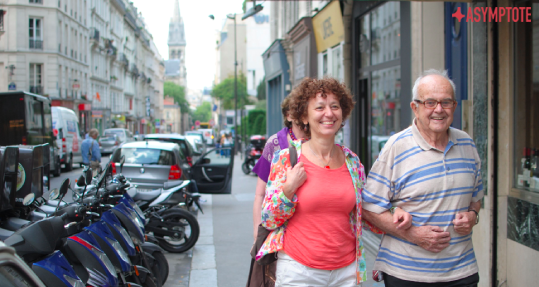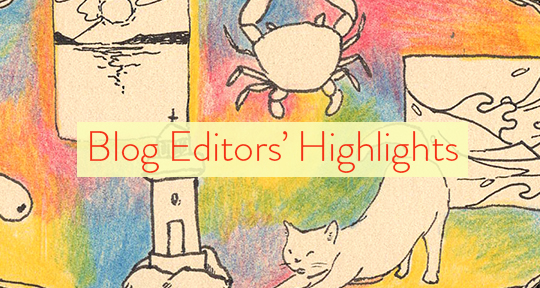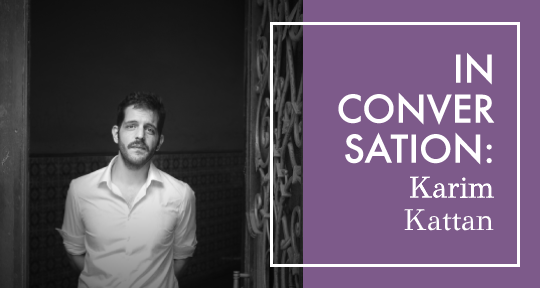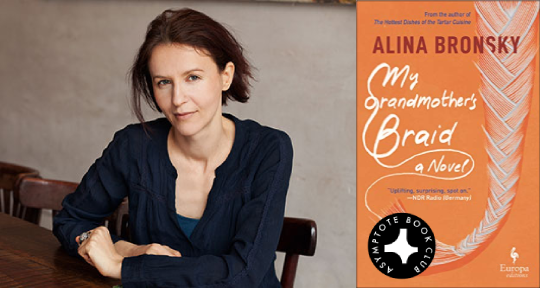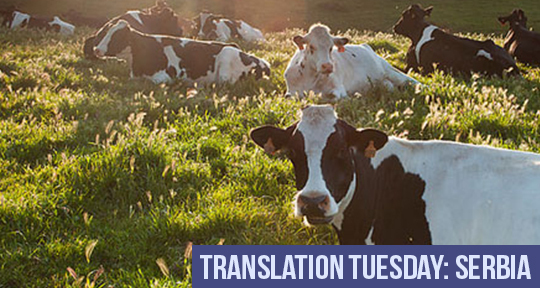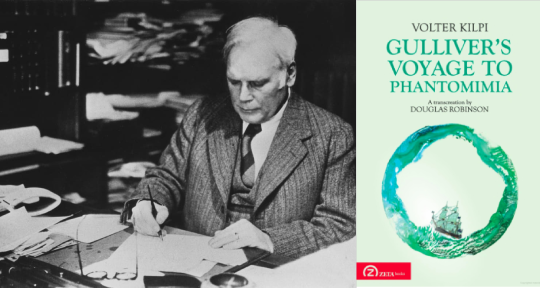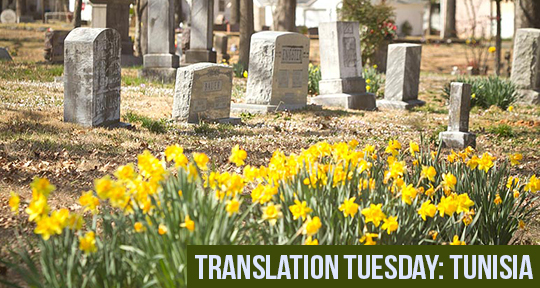According to FEMA, there are four phases of disaster management: prevention, preparedness, response, and recovery. But in Yun Ko-Eun’s recent novel, The Disaster Tourist (translated by Lizzie Buehler), there can also be a fifth—monetization. At the center of The Disaster Tourist is Jungle, a travel company that turns disaster sites into “disaster destinations” for tourists to explore and enjoy. Yona, the novel’s protagonist and a Jungle employee, brags that the company boasts such packages as “earthquakes, typhoons, volcanoes, avalanches, droughts, floods, fires, massacres, wars, radioactivity, desertification, serial killers, tsunamis, animal abuse, contagious diseases, water pollution, asylums, prisons and more.”
As a programming coordinator, Yona’s job requires her to assess the profitability of various packages—that is, she must figure out how to sell horrific disasters to interested interlopers. “The packages Koreans like are those with something exotic,” she says, “the spirit of adventure.” Early in the novel, Yona is sent to the island of Mui, where Jungle hosts a six-day “desert sink-hole trip,” which promotional materials promise to be “frightening and grim.” But once she arrives, she discovers Mui isn’t what it seems to be.
Though Counterpoint Press published the novel’s English translation in August 2020, The Disaster Tourist was originally released in Korea in 2013. Despite its age, the novel is prescient, to put it mildly, in its handling of issues that have gained traction on account of the MeToo movement and the current Covid-19 pandemic—questions, for instance, of workplace sexual harassment and high-risk “essential” work.
In the past few years, Korean literature has gained international traction, with authors like Yun, Han Kang, Bae Suah, Ha Seong Nan, and Hye-Young Pyun—notably, all women!—making significant waves with the English translations of their novels. The Disaster Tourist is Yun’s first novel to be translated into English, a compact and propulsive dystopian thriller that stands out as one of 2020’s best works of translated literature. With translations by Buehler, I talked with Yun about dystopian fiction, touch starvation, and why she never makes any compromises when it comes to writing.
—Sophia Stewart, Assistant Interviews Editor
Sophia Stewart (SS): You’ve said that “translation isn’t a neutral delivery of information, it’s a new creative experience” and compared the process of translating The Disaster Tourist to “writing the book a second time.” Can you talk more about the experience of having your work translated, and what the relationship between you and translator Lizzie Buehler looked like during the translation process? (And perhaps even what it looks like now!)
Yun Ko-Eun (YK): Lizzie Buehler sent her first email to me in March 2017. She was translating three of my short stories for her senior thesis as a comparative literature major at Princeton University. I still have the files that she sent me then—they were three stories from my collection, Table For One, the English translation of which is forthcoming this year from Columbia University Press. This sparked regular email correspondence between me and Lizzie over the past several years, and finally our names came together as author and translator on the cover of The Disaster Tourist. Lizzie paved the way for the novel’s publication in English; she allowed it to reach English readers. One of my favorite books is Antoine de Saint-Exupery’s Night Flight, and in one sense it feels like Lizzie was a mail pilot blazing a trail through the dark night.
After years of communicating only through email, Lizzie and I were finally able to meet in Seoul in the summer of 2019. I remember that day well, because it was so hot and humid. There weren’t very many people downtown. As everyone else tried to conserve their strength by staying inside, Lizzie and I walked through Seoul like we were bewitched. We explored alleys, drank tea, ate noodles, ate bingsu, and visited the time capsule plaza and department store roof that were the settings to two of my short stories—all as we showered ourselves in sweat. That day, I was amazed to realize that even though Lizzie and I are different ages and from different cultural backgrounds, we have so many similar characteristics. We have similar fears, and we’re curious about many of the same things. As we stood at a sunbaked crosswalk, I asked Lizzie about the title my novel that she’d translated. “The Korean title of the book is Travelers of the Night, but the English title is The Disaster Tourist. What do you think about that?” She answered that the original title was more poetic and metaphorical, while the new title was a bit more direct. We shared a similar feeling about the title change; in the English publishing market, we thought, The Disaster Tourist would attract more attention.
One year later, when the book finally came out in the summer of 2020, we were in the midst of the coronavirus pandemic. If not for the pandemic, I would have gone on a book tour in the UK and the US. Disappointed that we were still limited to exchanging messages by email, I decided to mail Lizzie a gift—Korean cosmetics and a pen engraved with her name. This went wrong, too, when the package was lost in the mail. I was all too upset about it (since then I’ve been afraid to send international mail), but Lizzie’s reaction breathed fresh air into the situation. “So I guess someone is using a pen with my name on it?” she messaged me, the day after the package was confirmed to be lost. As soon as I heard those words, a new story started to take shape into mind. I asked Lizzie if I could write about what had happened. And that was the beginning of another story. READ MORE…


